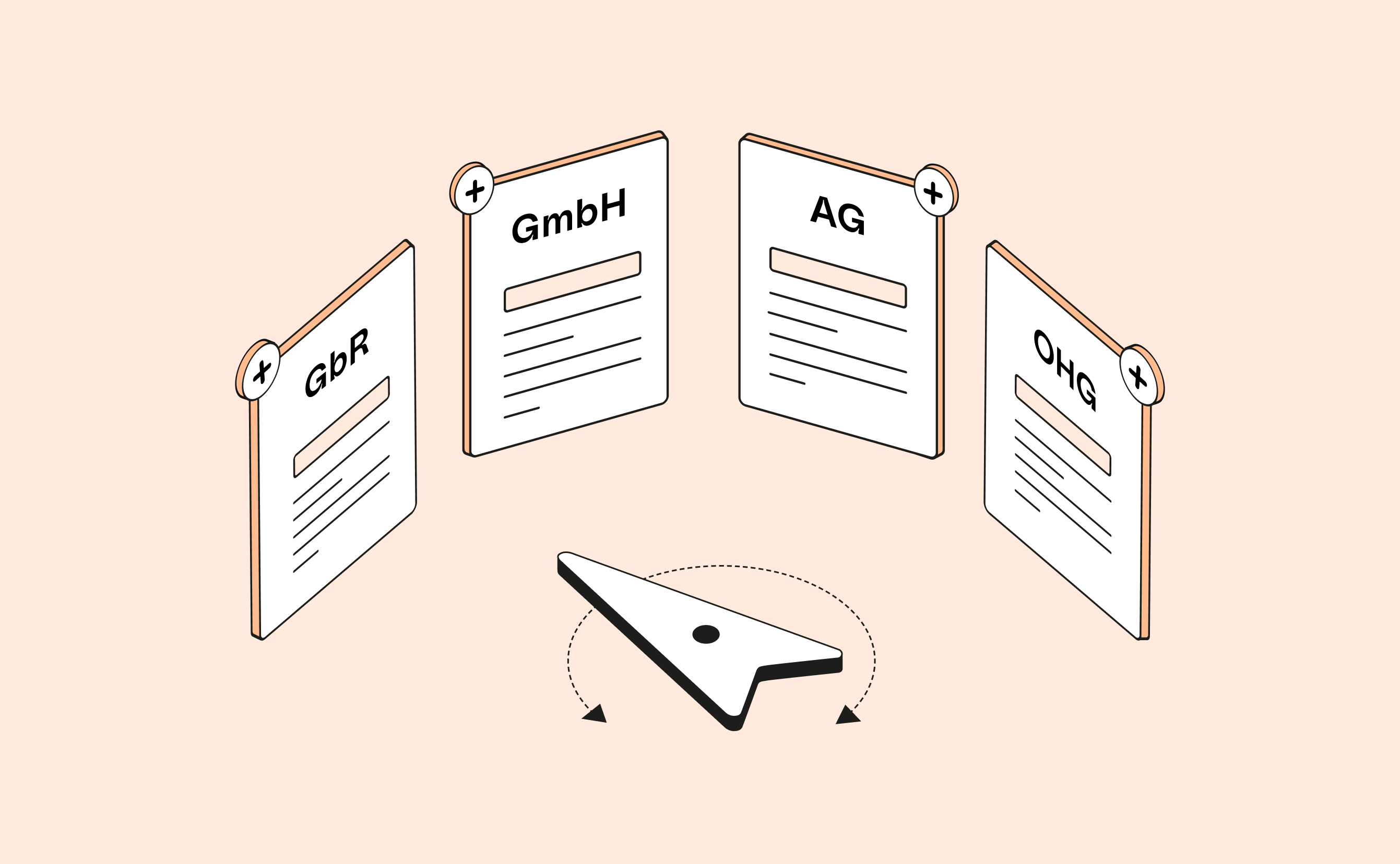Its advantages in regards to company creation
First off, and this is a rather key point, there is no cost to becoming an auto-entrepreneur. You don’t need capital to start your company.
You also don’t need to compose Articles of Association for your company. All you need to do is declare the launch of your business online. You need to include a copy of your ID with the Cerfa P0 form according to the type of activity you intend to undertake (commercial, artisanal, liberal). If you decide to get into commercial or artisanal work, you also need to include proof of legal address (that’s less than 3 months old) along with a sworn statement that you hold no criminal convictions (attestation sur l’honneur de non condamnation). And that’s it.
💡 Qonto can speed up the process of
creating your micro-enterprise online, to help you become an a
uto-entrepreneur with little fuss. We take care of the admin. All that’s left is to do is wait for your SIREN (French company registration number) to arrive in the mail and you’re ready for takeoff.
Its day-to-day perks
Beyond its ease of creation, micro-enterprises also benefit from simplified accounting and tax requirements.
- You most likely don’t need to hire an accountant as an auto-entrepreneur. You should be able to handle your accounting obligations on your own.
- You’re subject to income tax. This means that you don’t have to submit any additional income declarations apart from your annual income tax return.
- The social charges that you’re required to contribute to via URSSAF are lower than any of the other regimes. They’re capped at 12.8% of your revenue (chiffre d’affaires) from resale, selling foodstuffs or providing accommodation, 22% for commercial and artisanal services rendered and for liberal professions in the SSI (sécurité sociale pour indépendants) regime, and 22.2% for liberal professional in the CIPAV (Caisse interprofessionnelle de prévoyance et d'assurance vieillesse) social security regime.
- You’re only required to submit a single declaration with the URSSAF to pay your social charges, be it monthly or quarterly. Enter your monthly or quarterly revenue (according to the frequency you’ve chosen) into the right field on your URSSAF declaration online. You can even automate this step with accounting software.
- You’re not subject to withholding VAT on revenue up to a set threshold. That makes one less administrative step to keep track of.
Knowing its limits
Starting and managing a micro-enterprise can be quite easy. However there are some limits to this status that you ought to keep in mind in the long run.
- Personal wealth This is a key point to consider: in regards to auto-entrepreneurs, there’s no distinction between the director’s personal wealth and the commercial wealth of their company. The two are indistinguishable from one another. What does that mean, in real terms? This can pose a risk in the event of a legal dispute with commercial creditors. Not only are they within their rights to reclaim their due from your personal effects (cars, current accounts, etc.), but they can do so from your spouse’s personal effects as well.
- Social rights You’re entitled to the same social coverage as salaried workers on many fronts…but not all. As it relates to medical insurance, your daily medical leave compensation and family allowances stay just about the same. To avoid any unpleasant surprises down the road, you can preemptively protect yourself by signing up for death and disability insurance, but the conditions for coverage and policies differ from those for salaried workers. Retirement benefits depend on the amount of income you declare. And you need to declare a certain yearly amount to validate that year’s trimesters. Not to mention you don’t pay into unemployment insurance, so you can’t claim it if you ever have to close down or lose your business.
- Deductible costs This tax regime does not allow you to deduct any real costs from your revenue. Another way to see it is that you can’t ask to be reimbursed for just any expense. There are only specifically outlined instances where you can be reimbursed for professional expenses.
- Revenue thresholds Since this tax regime allows for simplified accounting obligations, the French State set in place a revenue threshold for these businesses to observe (€188,700 for the resale of merchandise, the sales of foodstuffs or offering accommodation and €77,700 for commercial and artisanal services, along with liberal activities). If you surpass this threshold for two consecutive years, you’re automatically transferred out of this regime starting January of the following year. ⇒ If your business engages in commercial or artisanal activity, then you’ll be subject to the ‘real tax’ regime (BIC). ⇒ If your business engages in liberal activity, you’ll be subject to the ‘controlled declaration’ regime. In either case, you remain an individual enterprise, unless you decide to change your legal status ahead of time. If your business is growing steadily, this tax regime will only be transitory. You’ll have to update it over time.
- VAT thresholds For micro-enterprises, this can be a bit of a double-edged sword: once you go over a certain revenue, you become subject to withholding VAT for the State. You’re exempt for revenue up to €91,900 from the resale of merchandise, the selling of foodstuffs and offering accommodation, and up to €36,800 for commercial and artisanal services or liberal activity. If you work exclusively with other businesses, this doesn’t affect you: they’re the ones responsible for withholding VAT, so increasing your prices by 20% comes out neutral at the end of the year when the VAT needs to be handed over to the State. This wouldn’t be the case if you sold your products or services to individuals.








